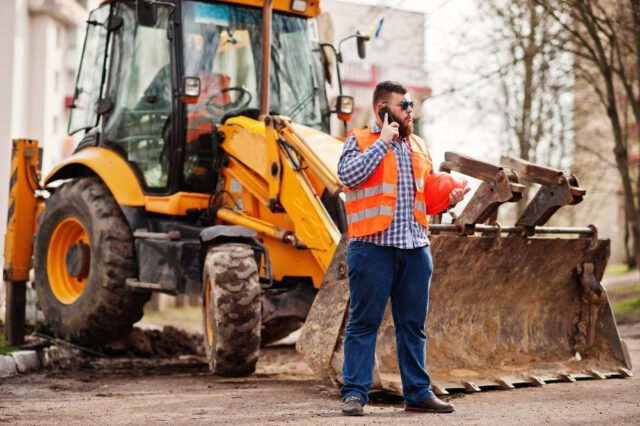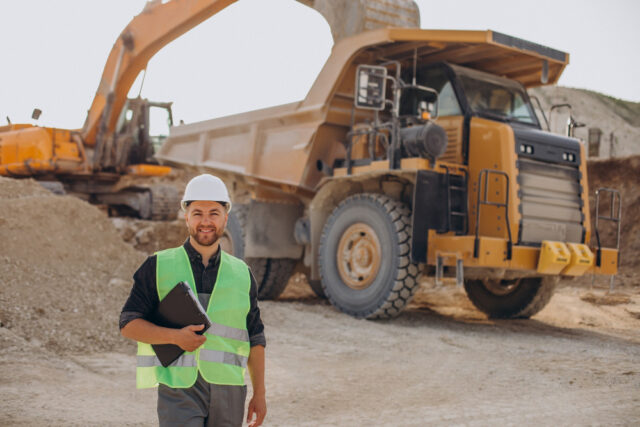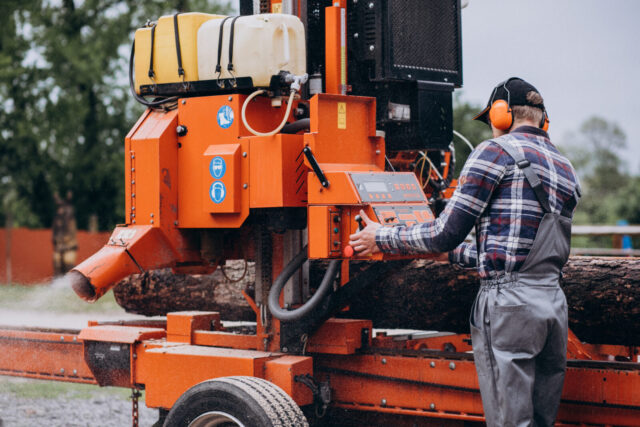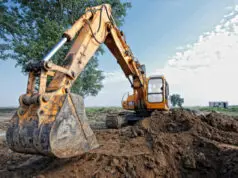
Heavy-duty equipment, encompassing a wide range of machinery from bulldozers and excavators to cranes and loaders, is the backbone of industries like construction, mining, and large-scale landscaping. These machines are designed to perform tasks that require more power, durability, and capacity than standard machinery. Given their significant purchase price and maintenance costs, renting heavy-duty equipment has become a practical solution for many businesses. Renting not only offers financial flexibility but also allows companies to access a variety of the latest equipment suited for specific project requirements without the long-term commitment of ownership.
Assessing Your Equipment Needs
Before diving into the rental process, it’s essential to meticulously evaluate your project’s specific needs. This involves understanding the scope and nature of the project, the terrain of the worksite, and the expected project duration. Assessing these factors will help you identify the types and quantities of hardware necessary to efficiently complete the project. For instance, a project involving a lot of earthmoving would require different machinery compared to a project that primarily involves lifting and moving materials. A precise understanding of your project’s demands ensures you rent the most suitable equipment, optimizing your budget and project efficiency.

Budgeting for Equipment Rental
Heavy equipment rentals demand a well-thought-out budget. Start by getting quotes from different rental companies to estimate the rental costs of the required machinery. However, the financial planning shouldn’t stop there. It’s crucial to consider additional expenses such as the costs for fuel, transportation of the hardware to and from the site, and potential operator fees if you don’t have a trained workforce to handle the machinery. Moreover, setting aside a portion of the budget for unforeseen maintenance and operational costs can safeguard your project from unexpected financial strains.
Choosing the Right Rental Company
Selecting the right rental company is pivotal in ensuring the success of your project. Begin by researching and compiling a list of reputable rental companies with positive reviews and testimonials. A company’s reputation for reliability, customer service, and the quality of their equipment should weigh heavily in your decision. Additionally, consider practical factors such as the company’s proximity to your project site, the diversity of their equipment inventory, and their responsiveness to maintenance and support requests. A rental company that aligns well with your project’s needs and values customer satisfaction can significantly contribute to the smooth execution of your project.
Understanding Rental Terms and Agreements
The rental contract is a critical document that outlines the terms and conditions of the equipment rental. It’s paramount to thoroughly review and understand every aspect of the contract before signing. Pay close attention to the rental period, costs, and the responsibilities and liabilities of both parties. Make sure to clarify any terms that are unclear and discuss any concerns you might have. Understanding the rental agreement in its entirety can prevent potential disputes and additional costs during the rental period.

Inspecting Equipment Before Rental
Before accepting any rented equipment, conduct a meticulous pre-rental inspection. This process involves examining the hardware for any existing damage or mechanical issues. Check the functionality of all components, verify that safety features are intact, and ensure the machinery operates as expected. Documenting any pre-existing conditions not only safeguards you from being held responsible for damages you didn’t cause but also ensures that the equipment is safe and ready to perform the tasks it’s intended for. A thorough inspection can prevent project delays and additional costs, ensuring that your project proceeds as smoothly as possible.
Proper Equipment Operation Training
When it comes to operating heavy machinery or any specialized equipment, comprehensive training isn’t just a recommendation, it’s a necessity. Ensuring that operators are not only trained but also certified, underpins the success and safety of any project. This process involves more than just a run-through of operational procedures. It encompasses an understanding of the equipment’s capabilities, limitations, and the myriad of safety protocols associated with its use. Furthermore, providing operators with robust safety guidelines and clear instructions is not merely about compliance; it’s about instilling a culture of safety and responsibility, ensuring that every team member is an active participant in maintaining a secure work environment.
Maintenance and Care During Rental
The reliability of equipment during rental periods is paramount. Adhering to a regular maintenance schedule is not just about keeping the machinery running; it’s about ensuring that it operates at peak efficiency and safety. Regular upkeep, paired with addressing any issues promptly, plays a pivotal role in preventing unexpected downtime, thereby safeguarding project timelines and budgets. This proactive approach to maintenance and care is not just about preserving the functionality of the hardware; it’s about fostering trust and reliability in rental partnerships.

Safety Measures and Compliance
In the realm of equipment rental, safety and compliance are not mere checkboxes; they are foundational pillars. Complying with safety regulations and standards is not just about adhering to legal requirements; it’s about demonstrating a commitment to the well-being of all stakeholders involved. Regular safety checks and inspections are critical components of this commitment. These practices are not routine tasks; they are integral to creating a safety-first culture, ensuring that every piece of hardware operates not just effectively, but safely, thus protecting both human lives and project integrity.
Tracking Equipment Usage
Monitoring equipment usage hours is more than a measure of productivity; it’s a strategic tool for maximizing the utility and longevity of the equipment. Similarly, keeping meticulous records of fuel consumption and maintenance schedules is not just about operational logistics; it’s about gaining insights into the performance and efficiency of the equipment. This data-driven approach allows for informed decision-making, ensuring that every piece of hardware is not just a tool, but a well-maintained asset contributing to the project’s success.
Returning Equipment After Rental
The process of returning equipment after rental is not merely a transactional step; it’s a reflection of professionalism and responsibility. Cleaning and inspecting the equipment before returning it goes beyond ensuring it’s in good condition; it’s about respecting the hardware and the next user. Documenting its condition meticulously is not just about avoiding disputes; it’s about maintaining transparency and trust between the rental company and the client, ensuring that every return is smooth, and every handover is clear and dispute-free.

Lessons Learned and Continuous Improvement
Reflecting on the rental process upon its completion is not just a retrospective exercise; it’s a critical step towards continuous improvement. Evaluating the process for efficiency and effectiveness provides invaluable insights that transcend the confines of a single project. Incorporating the lessons learned into future projects is not just about rectifying shortcomings; it’s about evolving practices, enhancing efficiency, and fostering innovation. This cycle of reflection and improvement is not just a process; it’s a mindset, ensuring that with every project, comes an opportunity to learn, adapt, and excel.
Conclusion
In conclusion, the equipment rental process is multifaceted, intertwining operational proficiency with a steadfast commitment to safety, maintenance, and continuous improvement. Each phase, from ensuring proper training to reflecting on lessons learned, is integral to not just the success of individual projects, but to the advancement of industry standards and practices. It’s a testament to the fact that in the dynamic landscape of hardware rental, excellence is not just about the machinery; it’s about the people, the processes, and the unwavering commitment to quality and safety at every step.









